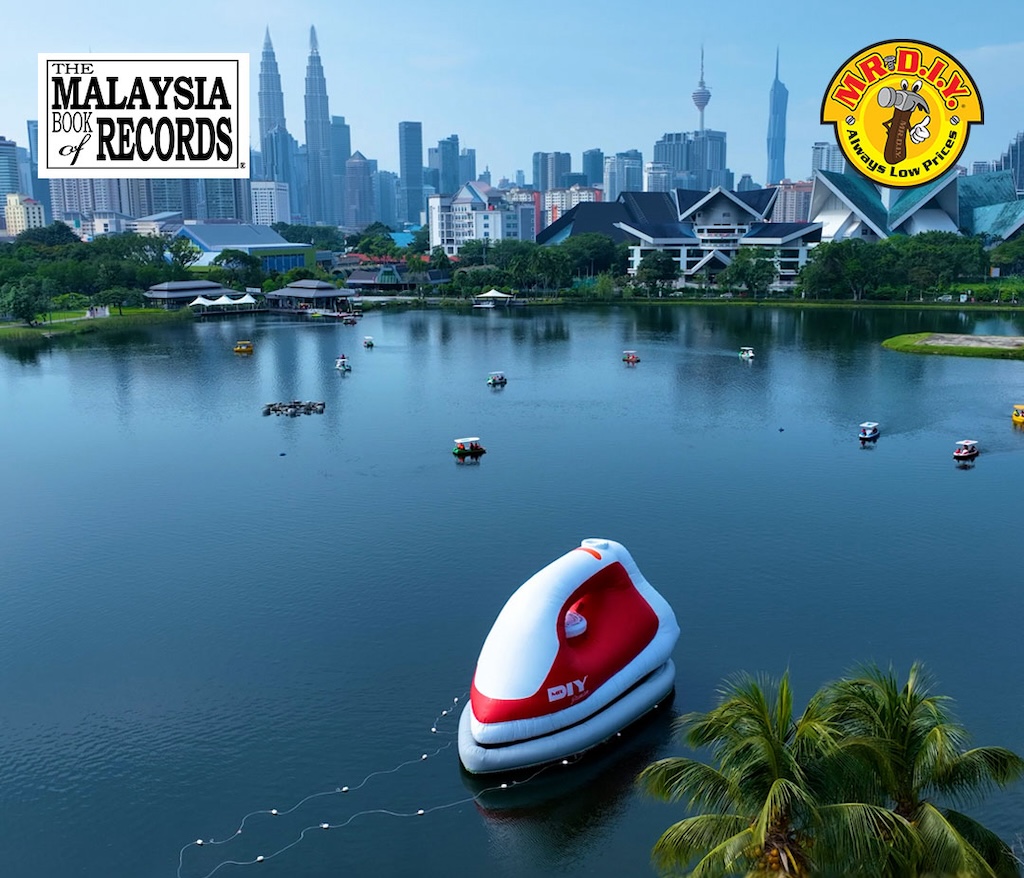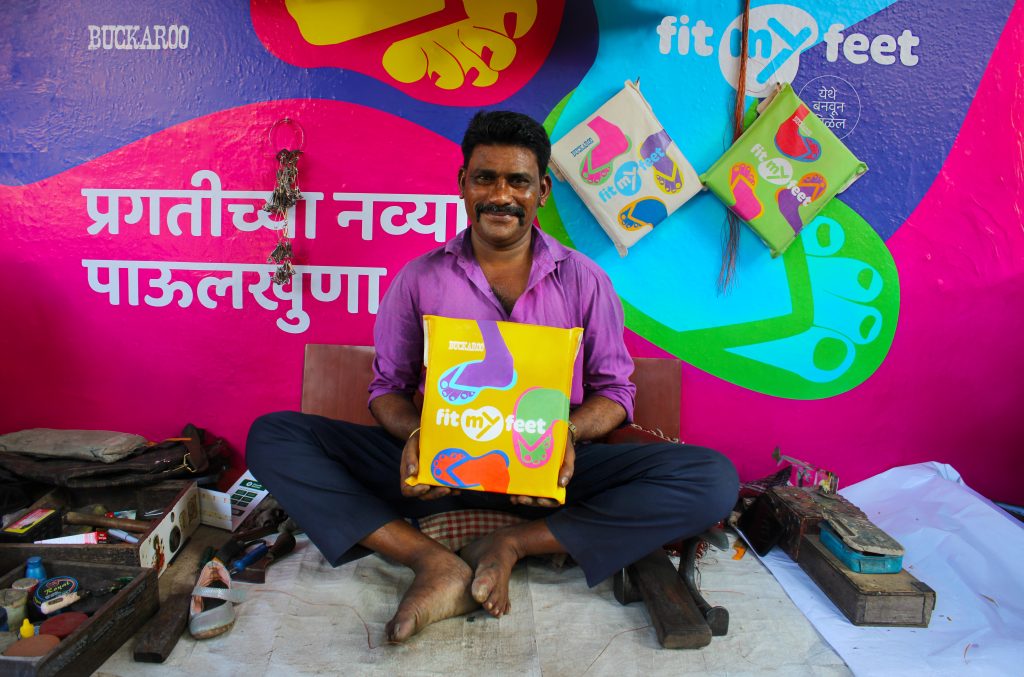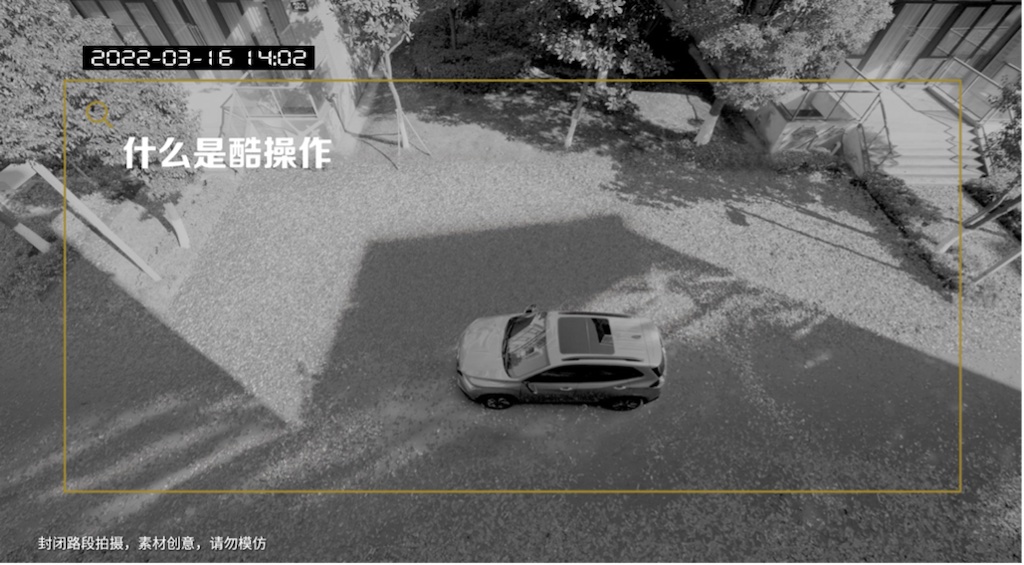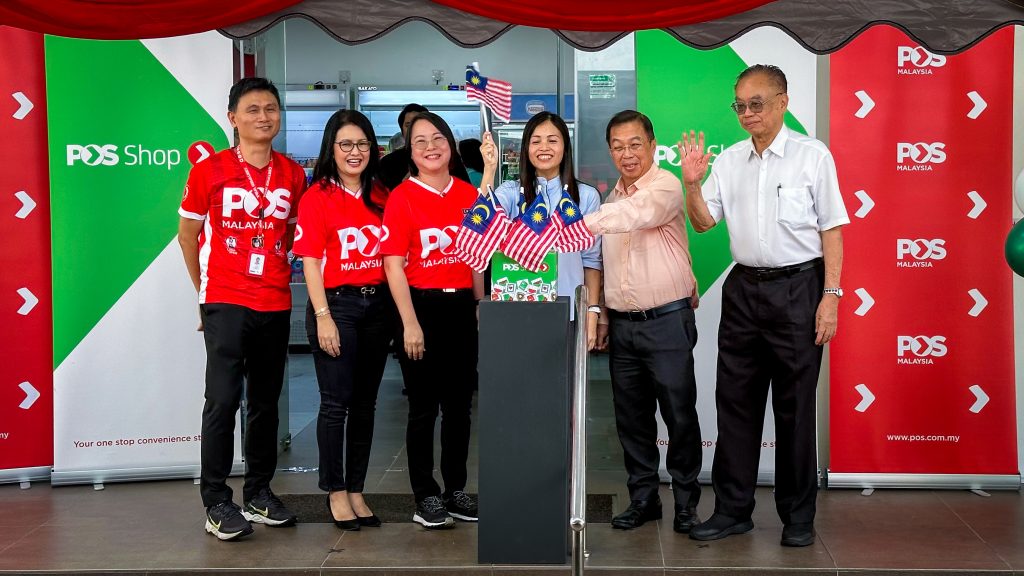Understanding the true impact of advertising on sales is the nirvana of the industry and, while there are many tried and tested methodologies, understanding digital online advertising’s impact on offline sales has remained out of reach.
GoJek, an Asian leader in the transport and food delivery app space, has partnered with The Trade Desk to try and make a link between programmatic ads and the real transactions made offline.
GoJek’s vice president for merchant research and analytics, Pulkit Khanna, says he believes the project is revolutionary.
“Gojek, South East Asia’s leading technology platform, always focuses on its mission to remove life’s daily frictions by connecting consumers to the best providers of goods and services in the market, thus merchants hold paramount importance to us as well.
“Therefore, we’re happy to announce this partnership with The Trade Desk. Although it’s not the first partnership that we build with tech firms, it is definitely a revolutionary solution as the first O2O measurement in South East Asia. We’re aiming to improve the efficiency of marketing decisions to boost merchants’ business growth.”
The Trade Desk’s SVP of South East Asia, Australia and New Zealand, Mitch Waters also spoke about the impact this project may have on the wider industry and the attempts made to pacify the void between online and offline.
“There are solutions which attempt to measure offline proxies, such as footfall in stores. Other online to offline ways place a QR code in an ad or location and rely on the user activate this to measure their intent. The solution we’re announcing is the first in Indonesia to measure actual offline sales from programmatic media,” he explains.
Relying on different, and more often than not first-party data, is becoming an essential route for ad tech businesses as major web businesses like Apple and Google remove the use of cookies from browsers. The Trade Desk says the majority of its activity, particularly in the South East Asia region, is outside of a cookie-led environment, but that this project wasn’t in reaction to that and rather an innovation-led project.
In terms of how it would work in reality, Waters gives the explanation of how a fast-food vendor could use programmatic to promote its restaurant and then track the efficacy through this new partnership.
“Let’s say that a consumer is exposed to advertising for, say, Fast Food Brand X. If they go on to place an order from Fast Food Brand X on GoJek’s food delivery service, or use GoPay to purchase in-store, this deal allows the brand to link that real-world order with their advertising campaign in an anonymized, privacy-enabled way. We believe that restaurants and consumer brands will immediately grasp the opportunity. As this functionality increases the utility and value of online advertising, we believe that it will inspire more players to invest in digital and, crucially, in data – creating a rising tide to lift all boats,” he says.
This rising tide will expand to other markets as Indonesia is slated to be the test market, with further countries expected to follow later on.
Waters expands, “The future is data-driven – measuring what matters is where digital can win within the marketing mix. We are confident that other companies with a rich data story will look to emulate what we are currently doing in Indonesia with Gojek, specifically the ability to measure and optimise budgets in this way. Our intention with Gojek is to go beyond Indonesia in due course.”
source: https://www.thedrum.com/
MARKETING Magazine is not responsible for the content of external sites.









